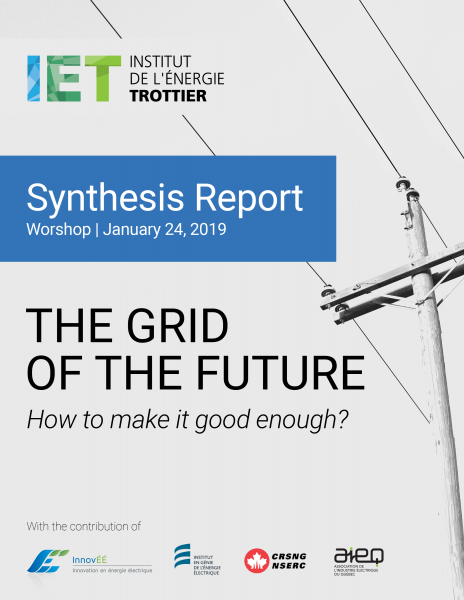For the first time in its history, the electricity grid is facing a combination of disruptive innovations and pressures that challenge its business-as-usual practices. These perturbations are impacting the grid at all levels: from its day-to-day operation to planning its expansion, from its business model to its regulatory framework.
Maintaining the quality and reliability of service in this evolving grid could easily make smart grid implementation cost prohibitive, compromising its realization. However, if the design of the smart grid is only driven by cost, there is a risk of not achieving the grid’s minimum functional requirement: to meet end user’s demand for electricity. The crucial question then is how to design the grid to be good enough?
This is the key question that triggered the organisation of this workshop, meant to be the beginning of a multi-stakeholders conversation on how to address the all-out challenge of creating the Grid of the Future, a grid that can embrace the changes of today and that will adapt easily to the changes of the future.
This report is the synthesis of the conversations and exchanges that occurred during that day long workshop, held in January 2019 and attended by more than 40 people from academia, private and public sectors, from Ontario and Quebec.

